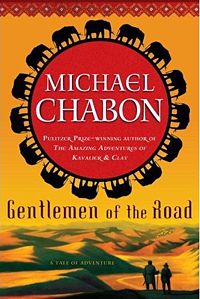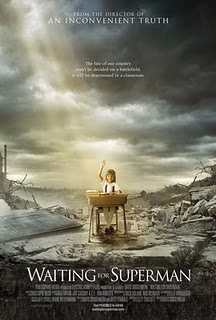Perhaps you saw today that composer Lee Hoiby died. Knowing my musical proclivities, you might be surprised to know that I caught my breath when I saw the news. Hoiby's music, firmly in the Samuel Barber, mid-century mold, is outside my normal research and listening habits. But I've had contact with him several times over the last 15 years and always found him a gentleman and lively conversationalist.
My knowledge of Hoiby began in college and grad school when I worked on a project concerning the Van Cliburn International Piano Competition's commissioned works. Hoiby was the first composer commissioned, so I learned his work and read letters about the commission and spoke to pianists who competed that year and played the work. It was a pleasant work, but did not have the impact of later Cliburn works like Copland's or Corigliano's and did not stay with me for long.
Imagine my surprise a few years later when I discovered that Hoiby played in Partch's ensembles while studying at Wisconsin. I decided that I had to track him down, and so one day in grad school, I received a call from him in response to a letter I had sent. We talked for almost an hour about his experiences with Harry Partch and learning the instruments. I could tell that he was a bit miffed that a musicologist had tracked him down only to talk about another composer, so at the end began talking about his Van Clibrn work. A few days after the conversation, I received a package of music and CDs.
We talked one other time about Partch, and though my interest in his music never progressed from my Masater's thesis, I'll always remember the generous composer willing to talk about another composer with whom he had little in common aesthetically. I just wish that spirit carried over to his publisher who put out a statement today complete with this line:
"During the period immediately following WW II, he also performed in Harry Partch’s Dadaist ensembles, studied with Darius Milhaud at Mills College and pursued a virtuoso career as a concert pianist under the tutelage of Gunnar Johansen and Egon Petri."
Dadaist ensembles? Alas, my musicologist's work is never done Somewhere two men are turning in their graves. God speed, Mr. Hoiby.
Self-doubt in the tech industry
2 years ago




No comments:
Post a Comment